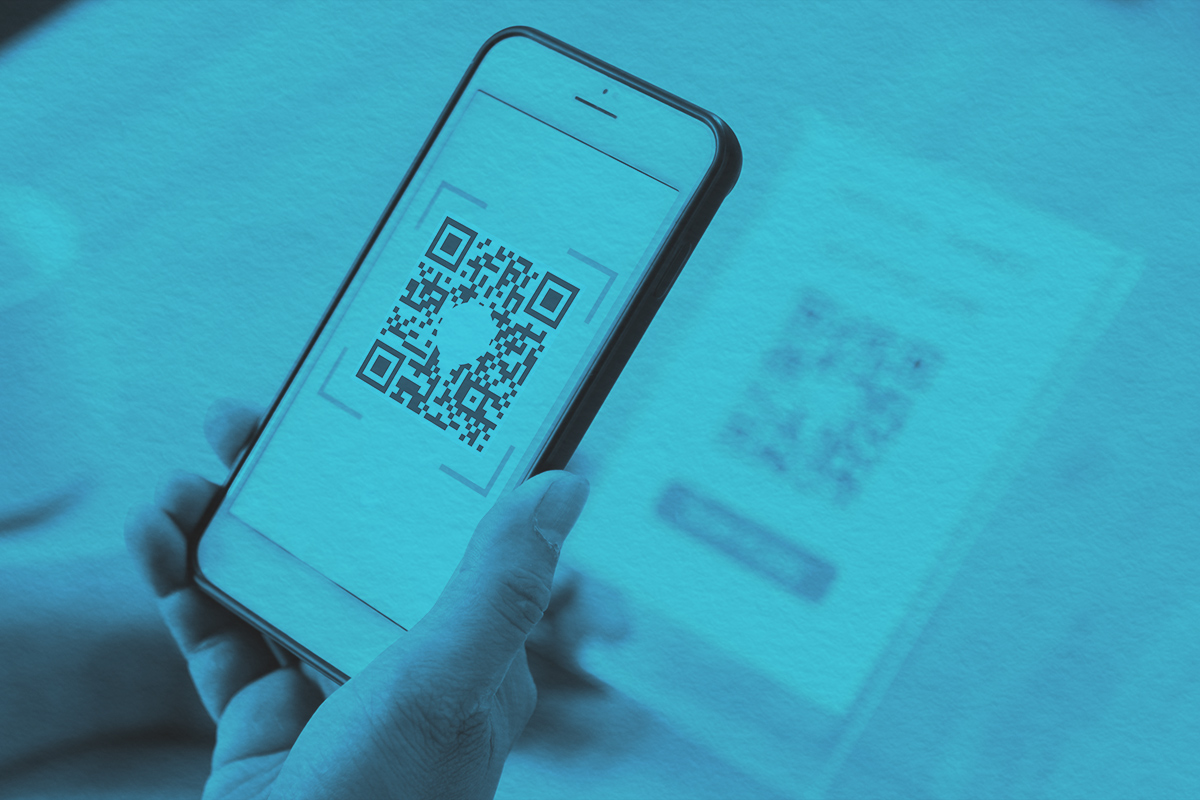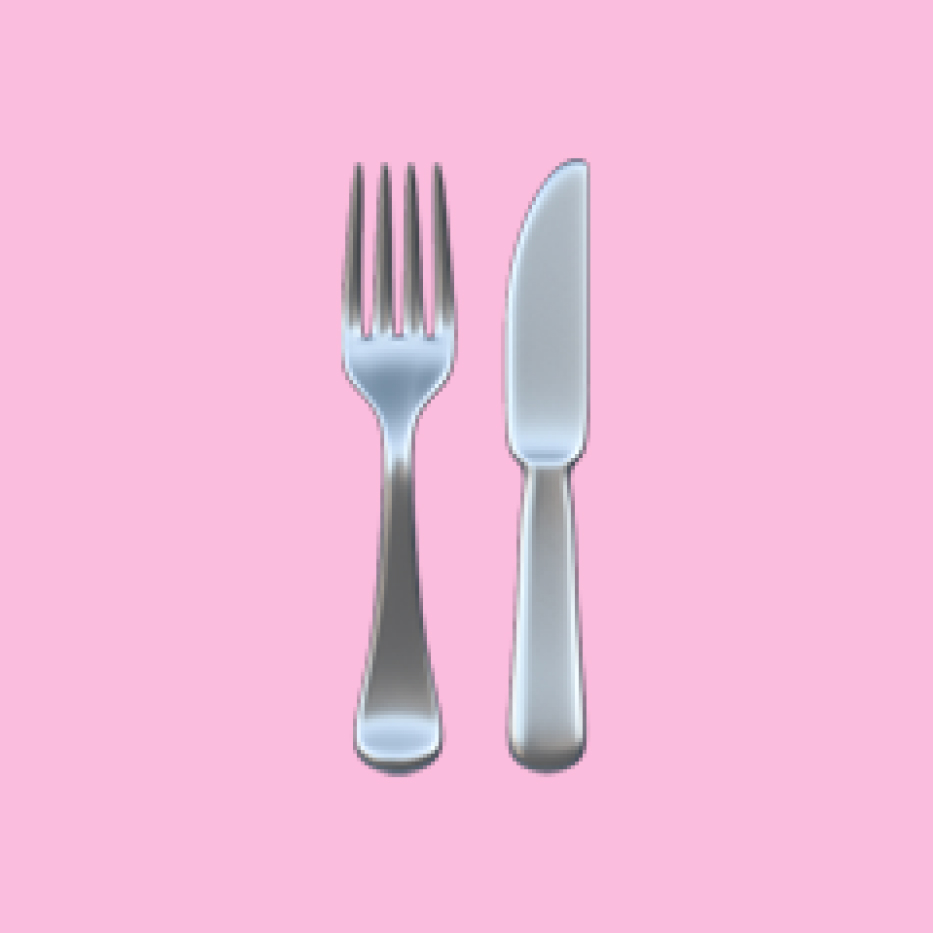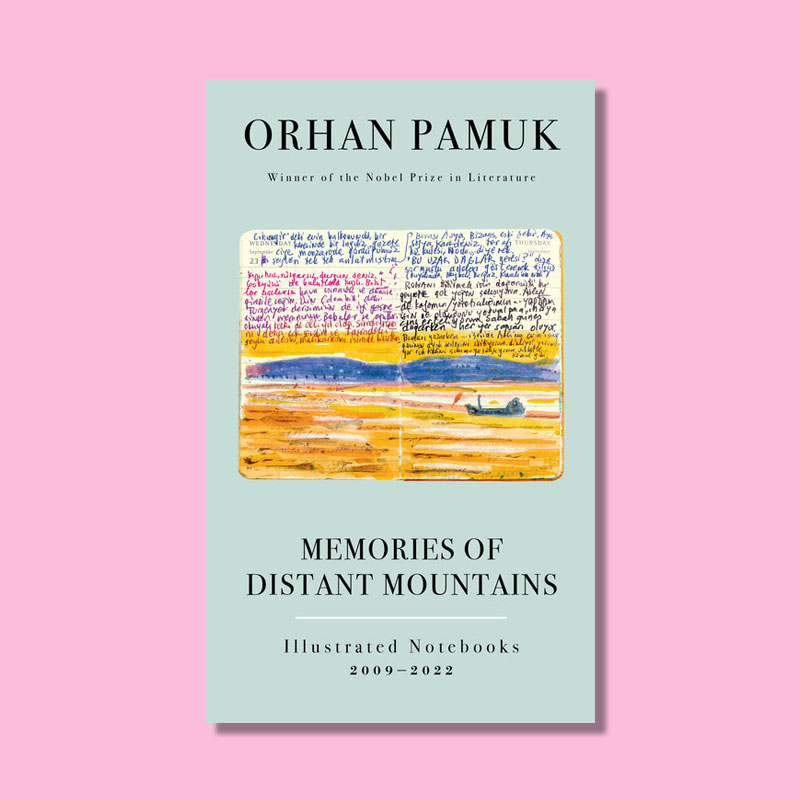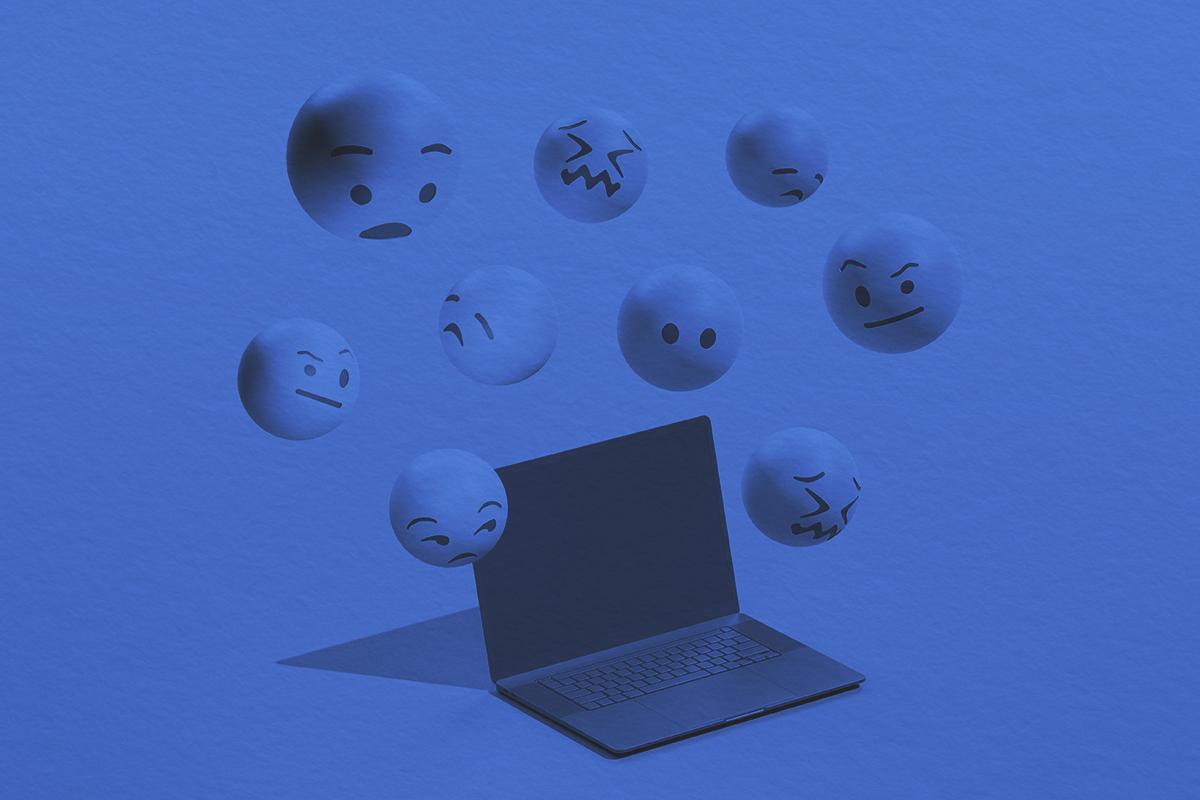What does "QR code" stand for? | | Not all abbreviations are as complex as they seem. Such is the case for "QR code." | |  | Rachel Gresh |
|
| |  | | I admit that QR codes were once a puzzling concept — an intriguing but seemingly unnecessary tool. That changed in 2020 when technology became a lifeline for everyone amid the COVID-19 pandemic. The social-distancing practices enacted during that time meant learning new ways to navigate daily life, and QR codes became an indispensable tool for businesses and institutions. The square-shaped, black-and-white codes are scanned using a smartphone or tablet camera, providing instant access to restaurant menus, appointment check-ins, product details, and more. Their versatility and convenience have made the codes essential to our "new normal," persisting long after many social-distancing practices have faded. But what does "QR" stand for, and where did these codes come from?
The answer to the first question is simple — "QR" is an initialism for "quick response" — but the answer to the second is a little more involved. The QR code story begins in the 1990s, when Japanese car engineer Masahiro Hara faced a significant limitation: traditional barcodes stored only 20 characters of data, and printing multiple barcodes on packaging was increasingly inefficient. Determined to create a more effective barcode, Hara set out to innovate.
Hara drew inspiration from the Japanese board game Go, which features black and white playing pieces on a square grid. His invention, a more sophisticated version of the traditional barcode, was markedly different from antiquated horizontal barcodes, because his design stored information both horizontally and vertically in a square grid, holding up to 2,953 bytes of data or 7,089 numeric characters. In comparison, UPCs (Universal Product Codes), commonly found on products in North America, are limited to just 12 numeric characters.
Hara's invention, dubbed "quick response codes," debuted in 1994 but struggled to gain consumer popularity. This perception shifted during the COVID-19 pandemic. Suddenly, QR codes were an efficient way to order food, complete forms, and pay bills from your own device, without exchanging physical contact. When asked about his invention's impact during the pandemic, Hara remarked, "I'm really pleased that it's been used to help improve people's safety. Back in 1994 we were focused on its use in the economy… we never thought it would be used for something like this."
It seems that QR codes are here to stay, but something new could be on the horizon. In 2023, Hara announced he was working on a new version of the QR code that could store more information through the inclusion of color. As a QR code convert, I'm looking forward to it. |
| | Continue reading | |  |
| |
| | Advertisers help keep Word Smarts free | |
Emoji Decoded | |  | | Fork and Knife | | | Meaning: Represents standard dining utensils, commonly used to indicate food, meals, dining out, or hunger.
Evolution: This was one of the original food-related emojis, introduced in 2010. While there is now a wider range of food-related emojis, the Fork and Knife remains a universal symbol for dining and meals. A Fork and Knife With Plate 🍽️ was added in 2015.
Usage: [Friendsgiving invite:] Dinner's at 4, bring your appetite 🍴 🥧 |
|
 | | Fork and Knife | | | Meaning: Represents standard dining utensils, commonly used to indicate food, meals, dining out, or hunger.
Evolution: This was one of the original food-related emojis, introduced in 2010. While there is now a wider range of food-related emojis, the Fork and Knife remains a universal symbol for dining and meals. A Fork and Knife With Plate 🍽️ was added in 2015.
Usage: [Friendsgiving invite:] Dinner's at 4, bring your appetite 🍴 🥧 |
|
| |
Have you read? | |  | | Memories of Distant Mountains | | By Orhan Pamuk | | "From the many notebooks in which Nobel Prize winner Pamuk wrote and drew from 2009 to 2022, he has assembled an intimate volume revealing glimpses of his life and work. 'Sometimes,' he writes in 2009, 'I think of this notebook as a museum,' a repository of memories. 'When I draw in my journals,' he writes, 'the poetry of the world seeps into my day-to-day life.' In 2019 he adds, 'To live is to see.'" | | | | Kirkus Reviews | | | | We independently evaluate all recommended products and services. If you click on links we provide, we may receive compensation. |
|
 | | Memories of Distant Mountains | | By Orhan Pamuk | | "From the many notebooks in which Nobel Prize winner Pamuk wrote and drew from 2009 to 2022, he has assembled an intimate volume revealing glimpses of his life and work. 'Sometimes,' he writes in 2009, 'I think of this notebook as a museum,' a repository of memories. 'When I draw in my journals,' he writes, 'the poetry of the world seeps into my day-to-day life.' In 2019 he adds, 'To live is to see.'" | | | | Kirkus Reviews | | | | We independently evaluate all recommended products and services. If you click on links we provide, we may receive compensation. |
|
| |
You might also like | |  | | | | How Are Emojis Chosen? | | Discover how new emojis make their way onto your phone — and why you might want to submit your own proposal. |
| | | |
| | Advertisers help keep Word Smarts free | |
|

No comments:
Post a Comment